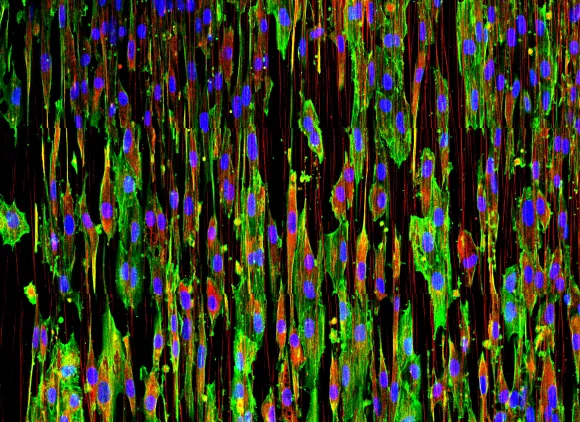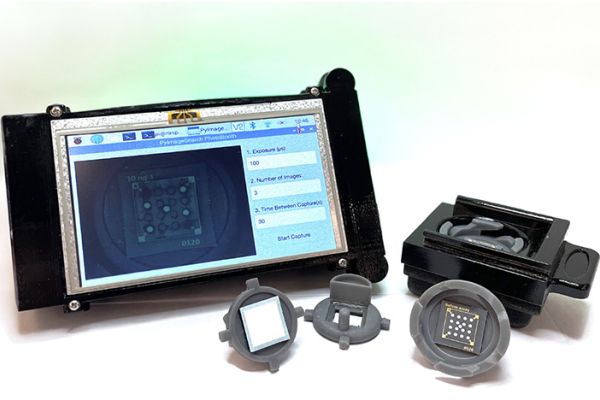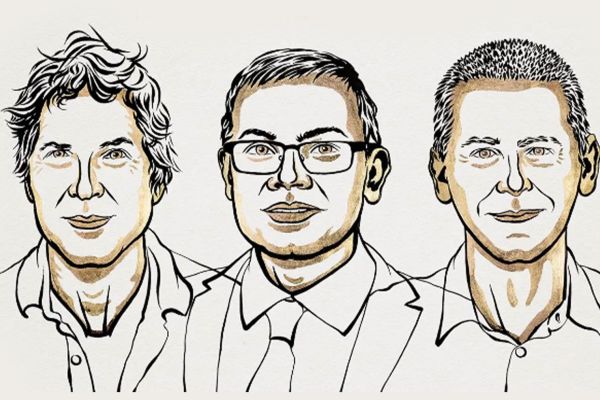For decades, the U.S. National Science Foundation's investments in biotechnology have accelerated scientific discovery and enabled the use of living things to create goods and services that benefit society.
Whether it's lifesaving vaccines or biodegradable plastics, advances built on the discovery, use and alteration of living things are growing the U.S. economy and transforming fields as diverse as medicine and manufacturing, agriculture and clean energy.
 On this page
On this page
Brought to you by NSF
NSF's decades of sustained investments have ensured the continual advance of the field of biotechnology. Pioneering work supported by NSF includes:
DNA analysis
NSF-funded researchers discovered a microbe whose heat-tolerant enzyme is the key to polymerase chain reaction (PCR): a foundational technology in medicine, biotechnology, forensics and basic research.
Visualizing living cells
NSF-funded researchers developed a molecular tool, using the enzyme responsible for firefly bioluminescence, that allows researchers to noninvasively study living cells and tissues.
Evolving new enzymes
NSF-supported research led to a Nobel Prize-winning technique, known as directed evolution, to create new enzymes that can catalyze chemical reactions and produce new cancer treatments, plant-based fuels, greener industrial chemicals and many other products.
Protein prediction and design
With NSF support, researchers have been able to predict the structure of proteins from their amino acid sequence and design entirely new proteins, leading to a Nobel Prize in chemistry.
Genome sequencing
With NSF funding, biologists sequenced the first plant genome (Arabidopsis thaliana), enabling the development of new crops with improved cold tolerance and yield.
Gene editing
NSF-funded research on the immune system in bacteria led to the development of a gene editing tool, CRISPR-Cas9, that has revolutionized biotechnology and earned its inventors the Nobel Prize in chemistry.
Tissue engineering
NSF-funded researchers have developed ways to grow cells on a scaffold, forming tissues that can replace damaged skin or bone.
What we support
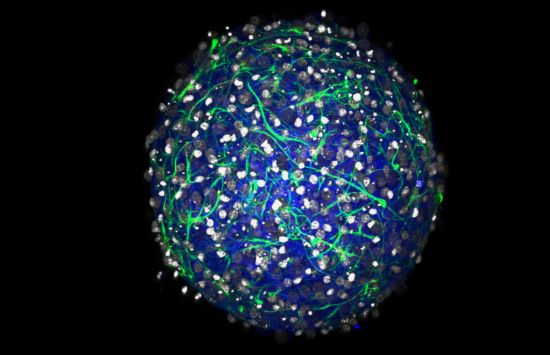
Fundamental research
We support research that increases understanding of biological principles and integrates that knowledge with engineering, computing, geology, mathematics and the physical and social sciences to push the frontiers of science and engineering.
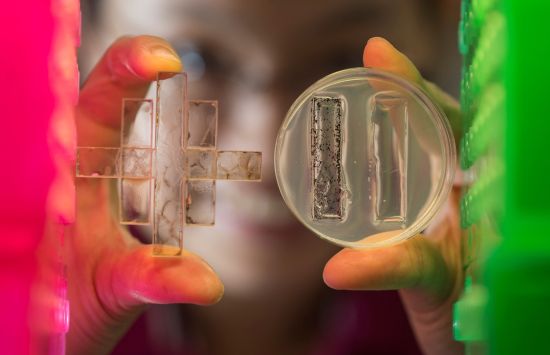
Use-inspired research
We support the development of bio-based and bio-inspired materials, machines, robots and manufacturing technologies for scientific and societal benefit.
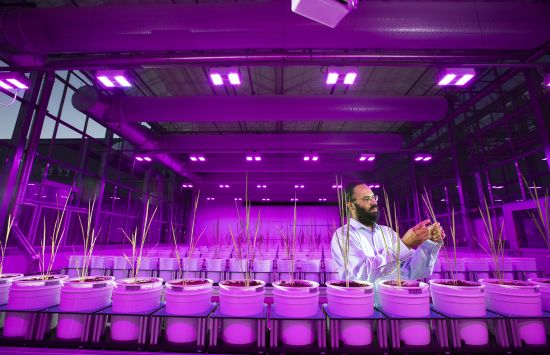
Research infrastructure
We support the development of computing and physical infrastructure necessary to generate fundamental knowledge and advance biotechnology and biomanufacturing.
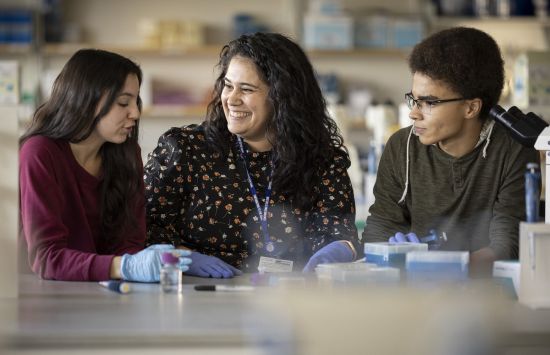
Education and workforce development
We support the creation of a diverse workforce ready to develop and use the biotechnology breakthroughs of the future.
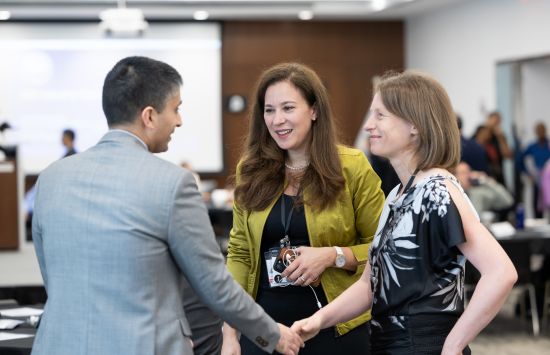
Partnerships to accelerate progress
We partner with other federal agencies, industry and nonprofits to share data, tools, expertise and other resources; strengthen workforce development; and translate research into products and services that benefit society.
Featured funding
America's Seed Fund (SBIR/STTR)
Supports startups and small businesses to translate research into products and services, including biological technologies and biomedical technologies, for the public good.
Biomedical Research Initiative for Next-Gen BioTechnologies - SynBio Control
Supports projects aimed at advancing synthetic and engineering biology research and translating these findings into early-stage biomedical technologies through an NSF-NIH collaboration.
Supports research into synthetic microbial communities, including how they form and evolve, how to use them to address biological questions, and/or how to build them for biotechnology or bioengineering applications.
Cellular and Biochemical Engineering
Supports fundamental engineering research leading to the development of technology that advances biomanufacturing in the therapeutic cell, biochemical, biopharmaceutical and biotechnology industries.
Designing Synthetic Cells Beyond the Bounds of Evolution
Supports research that designs and builds synthetic or artificial cells or cell-like systems to explore questions about biological function or evolution of life processes and for biotechnology applications.
Experiential Learning for Emerging and Novel Technologies
Supports inclusive experiential learning opportunities that provide cohorts of diverse learners with the skills needed to succeed in biotechnology and other emerging technology fields.
Molecular Foundations for Biotechnology
Supports collaborative high-risk, high-reward projects to develop cutting-edge tools and methods that advance RNA biological research and biotechnology for applications across various sectors, including agriculture, energy and global health.
Sentinel Systems that Detect, Recognize, Actuate and Mitigate Emergent Biological Threats
Supports the creation and development of novel biotechnologies for detecting and responding to known and unknown biological threats.
Smart Health and Biomedical Research
Supports research that leverages advances in computing and information science, engineering, mathematics, statistics, behavioral and/or cognitive research to address pressing questions in the biomedical and public health communities.

